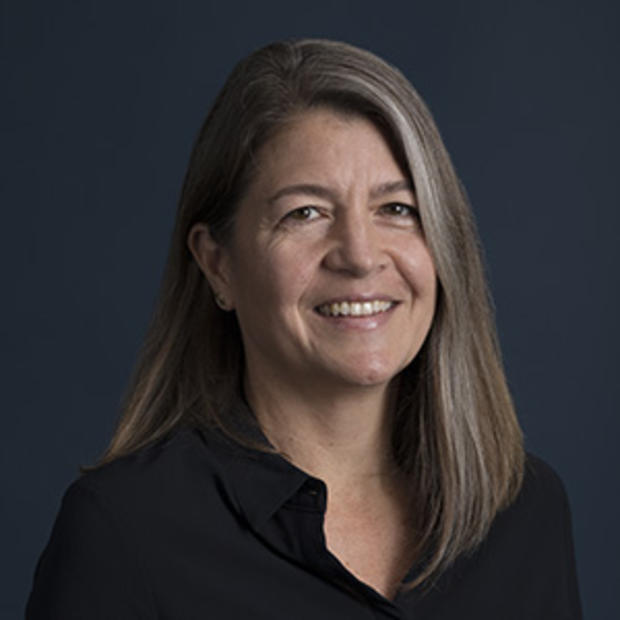Seattle playwright Andrew Lee Creech says the majority of popular storytelling about the “golden age” of American cowboys is missing a key population.
“There’s been some research recently that has shown that one out of every four cowboys was Black,” Creech said in a recent interview with Crosscut Now. “And yet we don’t really see that in the cultural awareness around the American frontier.”
Creech aims to address this critical absence of Black history in his world premiere play, Last Drive to Dodge, directed by Valerie Curtis-Newton at Taproot Theatre (through Oct. 21).
Co-produced by The Hansberry Project and in development for the past two years, the play has already earned buzz at the Ashland New Plays Festival (a winner in 2021) and as a semi-finalist for the Blue Ink Award for Playwriting at the American Blues Theater (2022).
The setting is a Texas cattle ranch in 1884 — some 20 years after Emancipation — where a Black cowboy, Prophet, is working on contract for an aging white rancher, Bennett. Prophet’s girlfriend Ro is also at the ranch, finishing up her contract as a domestic worker. And Bennett’s sister Millie has just returned from a humbling stint in New York City with a secret in tow.
All around them, land grabs loom, railroads track ever closer and the new technology of barbed wire offers a piercing way of saying “mine.”
Together Ro and Prophet dream of a different future. “At its heart, it’s a love story,” Creech notes. He tells their story with poetic language, cowboy lingo (a favorite word he learned during the writing process: “soaked,” meaning drunk) and surreal moments of theatrical magic.
For the emerging playwright, Last Drive marks a big step toward an ambitious goal: The Legacy Plays Project, his planned nine-play series highlighting the Black experience at pivotal points in American history.
“Coming from public education, we treat American history and Black history as two separate things,” Creech says. “I want to bring those together a little bit because Black history is American history.”
Creech nods to inspiration from another Seattle playwright: August Wilson, whose revered American Century Cycle consists of 10 plays chronicling everyday Black Americans from the 1900s through the 1990s.
“He’s got the 20th century on lock, right? No one can do it better,” Creech says. His own nine plays will illuminate time periods before and after Wilson’s, bookending the existing body of work with new narratives.
One play takes place during Reconstruction, when thousands of African American men held public office post-Civil War. Another is set during Obama’s first presidential run. (Like the Star Wars movies, the plays will not come out in narrative chronological order.)
Creech’s next installment, Golden, takes place during this century’s Great Recession, and will be performed as a live reading during ACT Theatre’s New Works Northwest festival (Oct. 27).
In a clever bit of connective tissue, Creech is incorporating a thematic signature into each play: a reference to the Statue of Liberty and what she symbolizes for Americans at that point in history.
Last Drive is set during what was essentially a national crowdfunding campaign for the statue. France was poised to give Lady Liberty to the U.S., but first, Americans had to pay for the giant pedestal she would stand on. With this detail, we immediately see the characters in a wider context as all four struggle with class issues reaching far beyond the fence line.
The iconic landmark is an apt metaphor for what Creech says drives the plot forward: “Every single character in the play has the ability to make a choice … specifically around how they can obtain freedom,” he says. “What does freedom mean to me and how will I choose to pursue it?”
Get the latest in local arts and culture
This weekly newsletter brings arts news and cultural events straight to your inbox.




